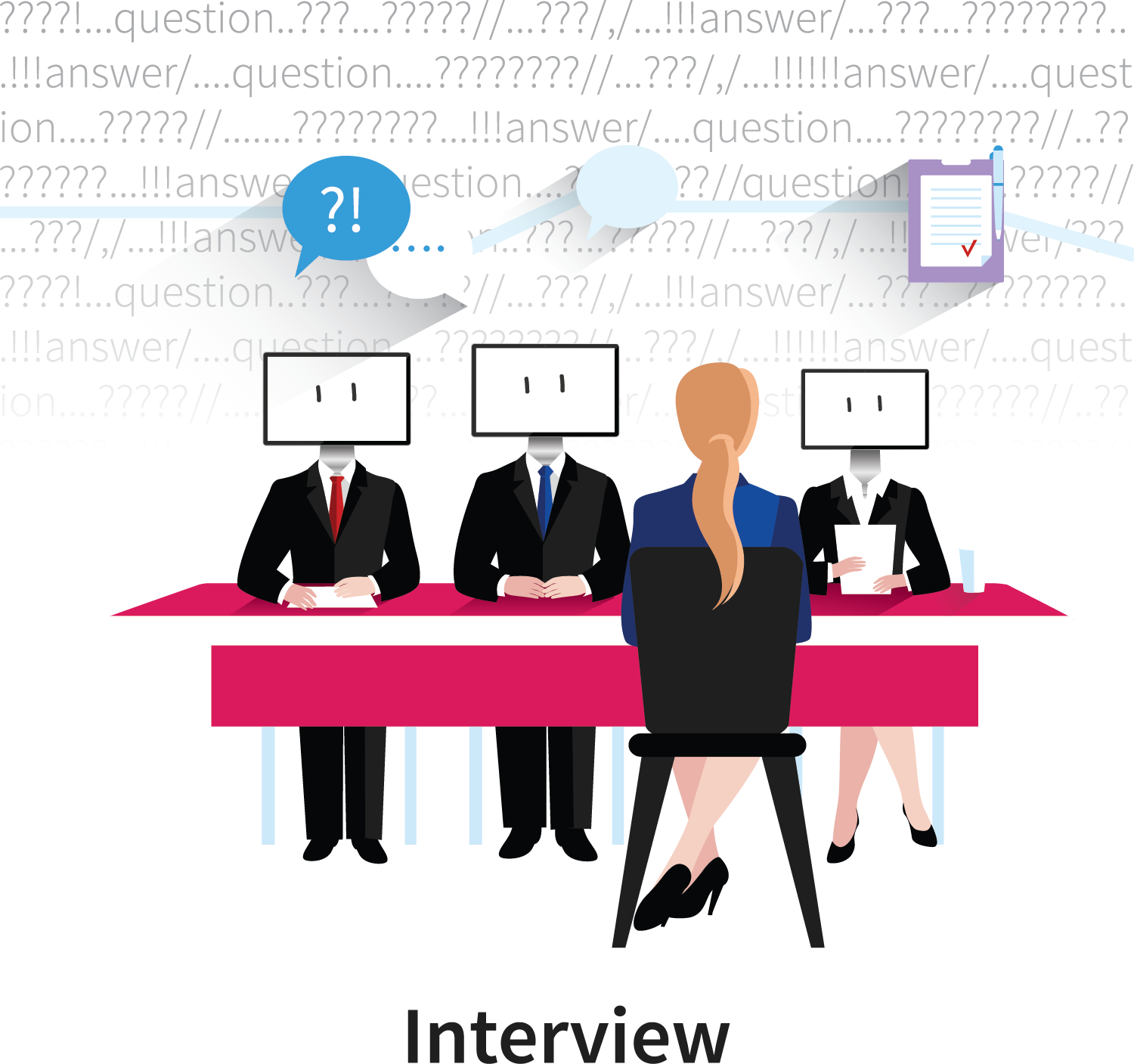Transform your business with Natural Language Processing (NLP)

Computers can mimic or even surpass humans today. NLP technology has the potential to transform the way individuals and enterprises communicate with one another.

It’s almost 60 years now since pioneering computer scientist Alan Turing said that a computer would deserved to be called intelligent if it could deceive a human into believing that it was human. Today we are getting closer to a stage machines can not only mimic, but surpass human beings in many tasks.
Natural Language Processing or NLP, an enabling technology in this direction, has come a long way since then. It is transforming the way we do things. While NLP in the past used to rely on statistical techniques, deep learning techniques are powering recent innovations in the domain.
From spam control to Language Modelling

For instance, classifying text is a typical NLP application. E-mail service providers like Google use NLP for classifying text and identifying spam. Reading your e-mail to see if you have mentioned an attachment and then giving you an alert is another feature made possible by NLP techniques.
Language modelling is yet another NLP application that has the potential to change the way people use words. It can be used by writers and editors to change their copy or headlines as it is possible to predict words or change the combination of words to generate fresh copy.
Get rid of cumbersome form filling

Speech recognition, another outcome of NLP, is changing the way we communicate with our devices. You can talk into your mobile phone to dial a number or open an application. This capability is also reducing people the bother of carrying out mundane and cumbersome tasks like filling forms.
We recently helped the Uttar Pradesh government to eliminate the need of putting citizens through the bother of filling forms. Today, they just need to speak the details over a phone and an NLP based application in the background captures and converts the details into text. This is a capability most organisations that need paperwork, like government organisations and banks, can benefit from. Speech recognition also enables transcription of a speech to text or even create text superheads or captions for a video. NLP also makes possible the translation of one language to another.
Translators like the Google translate incorporate deep learning to enable fairly accurate translation. Answering questions is also a new capability that NLP powered applications are acquiring. Siri from Apple is an example.
The Future of NLP

NLP also has the potential to change the way recruiters conduct interviews. Using deep learning techniques you can use machines to interview potential candidates. In the future NLP will significantly enhance chatbots by making them more intelligent and responsive to customers. Search will also become more intelligent. Getting useful pieces of information will become easier with new advances in NLP. The technology can be applied by businesses to get actionable analytical insights into their customers and deliver superior customer experience by proactively taking business decisions.
